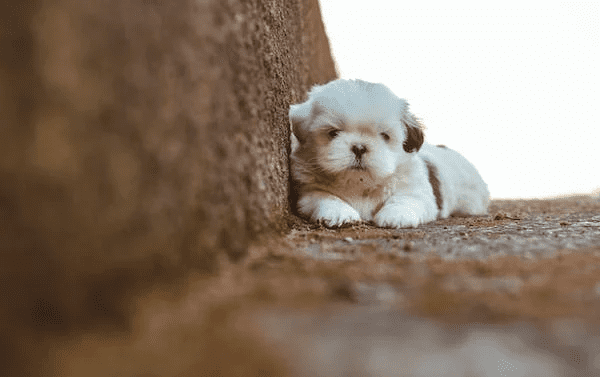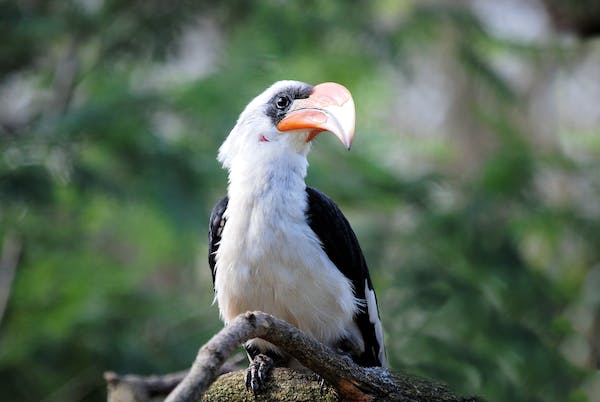Sarabi Dog Breed
The Sarabi dog, also known as the Persian Mastiff or Iranian Shepherd, is a breed shrouded in magnificence and mystery. Originating from the Sarab region in Iran, these dogs are renowned for their strength, loyalty, and noble demeanor. Our blog post aims to provide a detailed overview of the Sarabi dog, offering insights into their history, characteristics, care, and why they are a unique addition to the canine world.
Historical Background of the Sarabi Dog
Ancient Roots and Cultural Significance
The Sarabi dog boasts a rich history that dates back centuries in Iran. They were traditionally used for guarding livestock and protecting homes against predators. Their intimidating size and fearless nature made them ideal for these roles. The breed has been an integral part of Persian culture, often revered for its bravery and loyalty.
The Sarabi Dog in Modern Times
Today, while they still perform their traditional roles in rural areas, Sarabi dogs have also gained popularity as family pets. Their calm demeanor and affectionate nature make them well-suited to life as companions, albeit with the right training and socialization.
Physical Characteristics of the Sarabi Dog
Size and Appearance
Sarabi dogs are known for their imposing stature. They typically weigh between 120-200 pounds and stand around 28-35 inches tall at the shoulder. They possess a powerful build, with a broad chest and muscular limbs. Their coat, which can be short or medium in length, comes in various shades including fawn, brindle, and black.
Distinctive Features
One of the most striking features of the Sarabi dog is its massive head and strong jaws, indicative of its strength and power. They also have a distinct, thick neck and a confident gait that exudes strength and stability.
Behavioral Traits and Temperament
Loyalty and Protective Instinct
Sarabi dogs are fiercely loyal to their families. They form strong bonds and are naturally protective, making them excellent guardians. However, this protective instinct needs to be managed with proper training to ensure they do not become overly aggressive.
Temperament with Family and Other Pets
Despite their formidable appearance, Sarabi dogs are generally gentle and affectionate with their family members, including children. They can coexist peacefully with other Pets, especially if raised together, but their interactions should always be supervised.
Caring for a Sarabi Dog
Exercise and Activity Needs
Given their size and energy levels, Sarabi dogs require regular exercise to stay healthy and happy. Daily walks, playtime in a secure area, and mental stimulation are crucial for their well-being.
Health and Nutrition
Sarabi dogs are generally healthy, but like all large breeds, they can be prone to certain health issues such as hip dysplasia. A balanced diet tailored to their size and age, regular veterinary check-ups, and preventive care are essential for their longevity.
Grooming and Maintenance
Regular grooming is necessary to keep their coat tidy and tangle-free. Their coat will remain in good condition with occasional baths and several weekly brushings. Dental care, ear cleaning, and regular nail cutting are also crucial.
Sarabi Dogs as Family Companions
Compatibility with Families
Sarabi dogs can be wonderful family pets for those who understand and respect their needs. They thrive in environments where they can be part of the family dynamics, given attention, and involved in activities.
Embracing the Sarabi Dog’s Lifestyle Needs
Understanding the Activity Requirements of the Sarabi Dog
The Sarabi dog is not a breed that thrives in a sedentary lifestyle. They require a significant amount of physical activity to maintain their health and happiness. Owners should be prepared to provide daily walks, playtime, and other forms of physical exercise. This not only keeps the dog physically fit but also mentally stimulated, preventing boredom and associated behavioral issues.
Creating a Suitable Living Environment
Given their size and activity level, Sarabi dogs are best suited to homes with ample space. A house with a securely fenced yard is ideal. These dogs need room to move freely and explore. Apartment living might be challenging unless there are ample opportunities for regular exercise outdoors.
Importance of Regular Health Check-ups
Regular veterinary care is crucial for the Sarabi dog’s health. Annual check-ups, vaccinations, and routine health screenings help in early detection and prevention of potential health issues. Given their propensity for joint problems like hip dysplasia, regular vet visits can help manage these conditions from an early stage.
Nutritional Needs for Optimal Health
A diet rich in nutrients and appropriate for their size and age is vital for the Sarabi dog. High-quality dog food that supports bone and joint health, and maintains their muscular build, is recommended. Owners should also be aware of the quantity of food to avoid overfeeding, as this breed can be prone to obesity.
Grooming: More Than Just Aesthetics
Regular grooming is more than just keeping the Sarabi looking good; it’s about maintaining their overall health. Brushing their coat several times a week helps to remove dirt and loose hair and prevents matting. It’s also an opportunity to check for any skin issues or parasites.
Nail trimming, ear cleaning, and dental care are essential grooming tasks that should not be overlooked.
Training and Socialization: Key to a Well-Behaved Sarabi Dog
The Importance of Early Training
Training should start from a young age for Sarabi dogs. They are intelligent and learn quickly, but their size and strength can make them hard to manage if not trained properly. Basic obedience training, including commands like ‘sit’, ‘stay’, ‘come’, and ‘heel’, is essential.
Socialization for a Well-Rounded Dog
Socializing a Sarabi dog involves exposing them to different people, animals, environments, and experiences. This helps them become well-adjusted and reduces the likelihood of aggressive or fearful behavior in unfamiliar situations. Positive experiences during the early stages of life can shape their temperament significantly.
Training and Socialization
Early training and socialization are crucial for Sarabi dogs. They need to learn to obey commands and behave well around other animals and people. Positive reinforcement techniques work best for this intelligent breed.
Conclusion: The Splendor of the Sarabi Dog
In conclusion, the Sarabi dog is a breed that commands respect and admiration. With their majestic appearance, loyal nature, and protective instincts, they make not just pets but loyal companions and guardians. Proper care, training, and love will ensure that these noble dogs lead a happy, healthy, and fulfilling life alongside their human families.
Understanding and respecting the unique attributes of the Sarabi dog is key to a harmonious relationship with this magnificent breed. Whether as protectors, companions, or both, Sarabi dogs have a lot to offer to those who are ready to welcome their grandeur into their homes.







